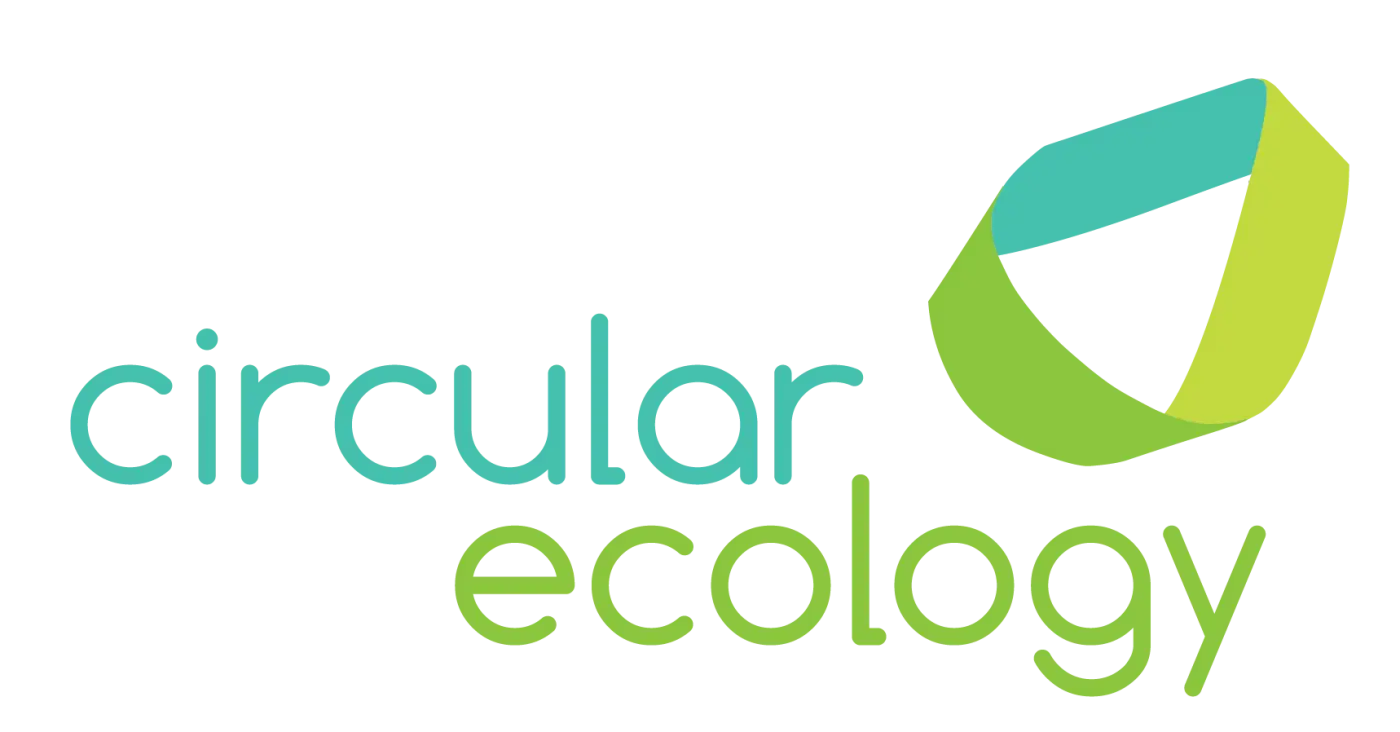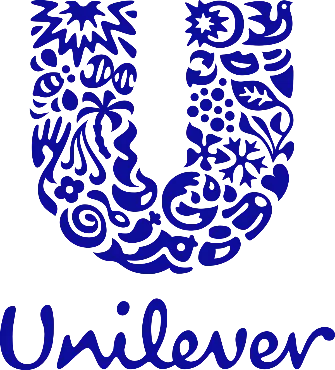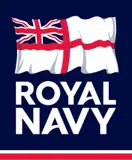An Introduction to Life Cycle Assessments (LCA) eLearning Course
Why Learn with Circular Ecology?

Interactive Learning
Engage with quizzes, assessments, real world case studies, and interactive exercises

Help Fund Free Sustainability Data
Each course sale helps fund the development of free carbon and sustainability resources through SCRI
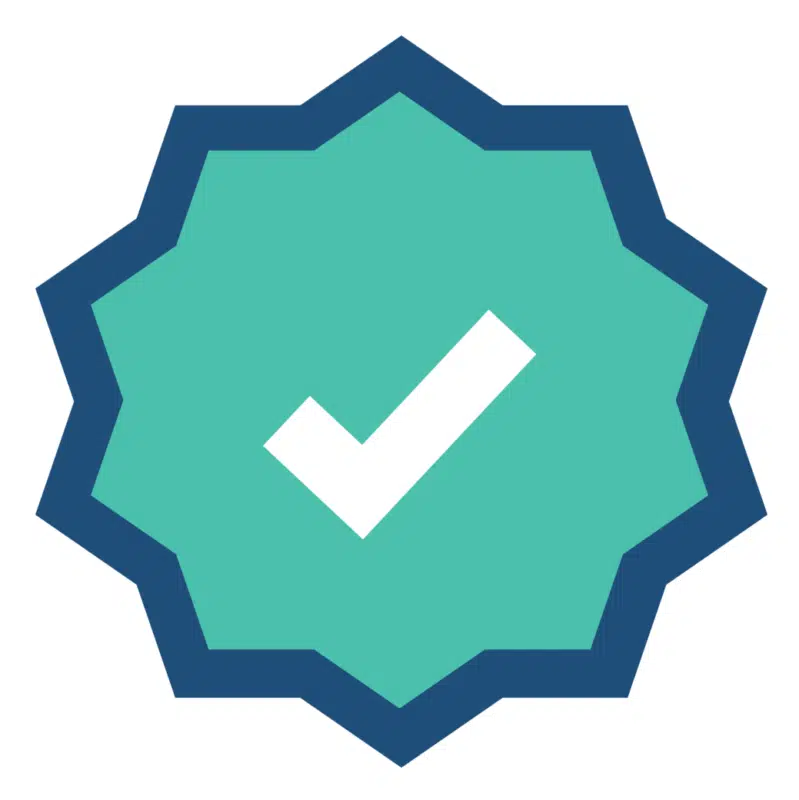
Quality & Expertise
Developed by leading carbon and sustainability specialists, ensuring current, industry relevant training

Learn at Your Own Pace
With 12 months of access, pause, rewind, and rewatch at your convenience – anytime, anywhere

Earn a Digital Certificate
Receive a training certificate upon completion to share on LinkedIn to showcase your expertise
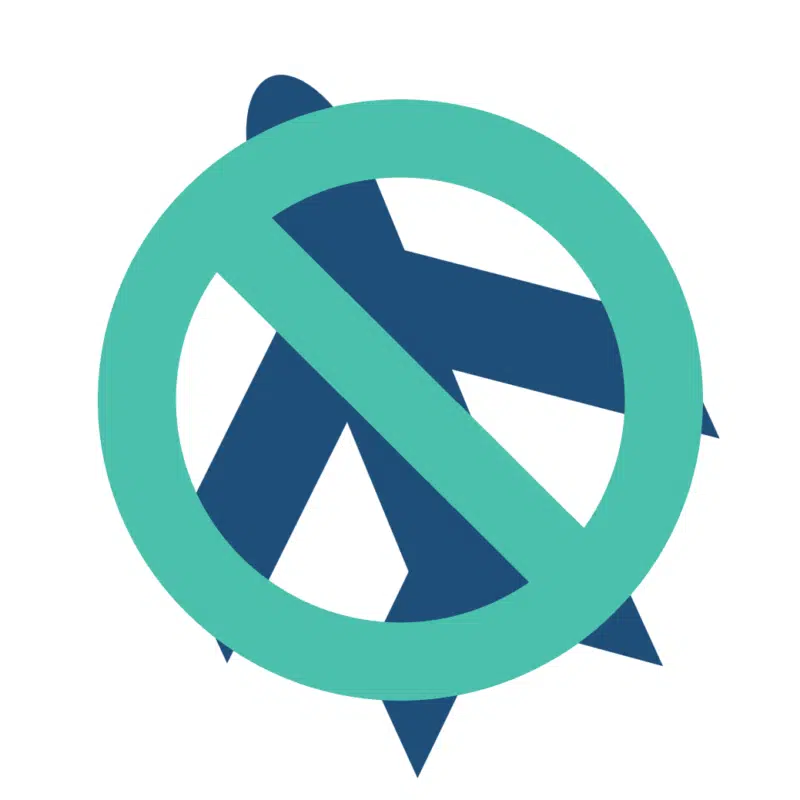
No Travel Required
Study remotely with on demand eLearning courses, reducing both costs and your carbon footprint
About eLearning Course: An Introduction to Life Cycle Assessments (LCA)
Duration
1 day
Modules/Topics
16 Video Topics
4 Quizzes
1 Final Test
Time to Complete
12 months access
Learning Format
Online, self-paced
Level
Foundation (Beginner, Introductory)
Certificate
Digital proof of completion
This introductory level course is designed to give a practical and accessible overview of life cycle assessment (LCA) for professionals across all sectors. With over 4 hours of expert led visual learning content, it’s ideal for those new to LCA or looking to strengthen their foundational knowledge.
The Life Cycle Assessments (LCA) eLearning course comprises 16 online access video modules, covering key topics including:
- Background of life cycle assessment
- An introduction to LCA methods and standards
- The LCA framework: Life cycle assessment involves a 4 stage process. Involving goal and scope definition, inventory analysis, impact assessment, and interpretation
- An overview of the up to 20 different environmental indicators, such as global warming potential (carbon footprint), toxicity, eutrophication, acidification, water depletion, metal depletion, etc. We will provide an overview of what each of the main indicators means, how they happen and what types of impacts and damage they could cause
- An overview of the main data sources and software packages
- An introduction to data collection and primary and secondary data
- An introduction to fate modelling
- An introduction to midpoint and endpoint modelling: This is essential to understand when identifying the key environmental issues and interpreting results
- Interpreting results: There are several ways of presenting LCA results. We will provide some examples of LCA results to show how you need to take care in how results are presented and interpreted
- Case study results: We will use a case study to explore LCA results and the key points from this training course
Video Modules: See our list of the 16 video modules for this LCA eLearning course.
Learning Objectives
By the end of this course, participants will be able to:
- Understand the purpose, principles, and key stages of life cycle assessment
- Know how to interpret LCA results and environmental indicators effectively
- Gain awareness of data sources, software tools, and typical challenges in LCA studies
- Build the confidence and foundation to progress to more intermediate LCA training
Who is this Course For?
This course is suitable for:
- Sustainability professionals looking to deepen their understanding
- Beginners or those transitioning into carbon and environmental roles
- Designers, engineers, architects, and procurement professionals
- Students and researchers seeking a foundation in LCA
- Organisations aiming to integrate environmental assessment into product design or strategy
What Level is this Course?
Foundation (Beginner, Introductory)
No prior knowledge of life cycle assessment is required. Ideal for those just starting out or seeking to reinforce basic LCA understanding.
LCA eLearning Question: What is this? What causes it?
What’s happening in this picture?
Notice how green the water is here? You’re looking at a prominent environmental issue. But what exactly is it? What causes it? And why does it matter?
This is one of the many real world examples we explore in this course. Learn how LCA helps uncover the root causes of environmental impacts like this one, and how they can be measured, managed, and mitigated.
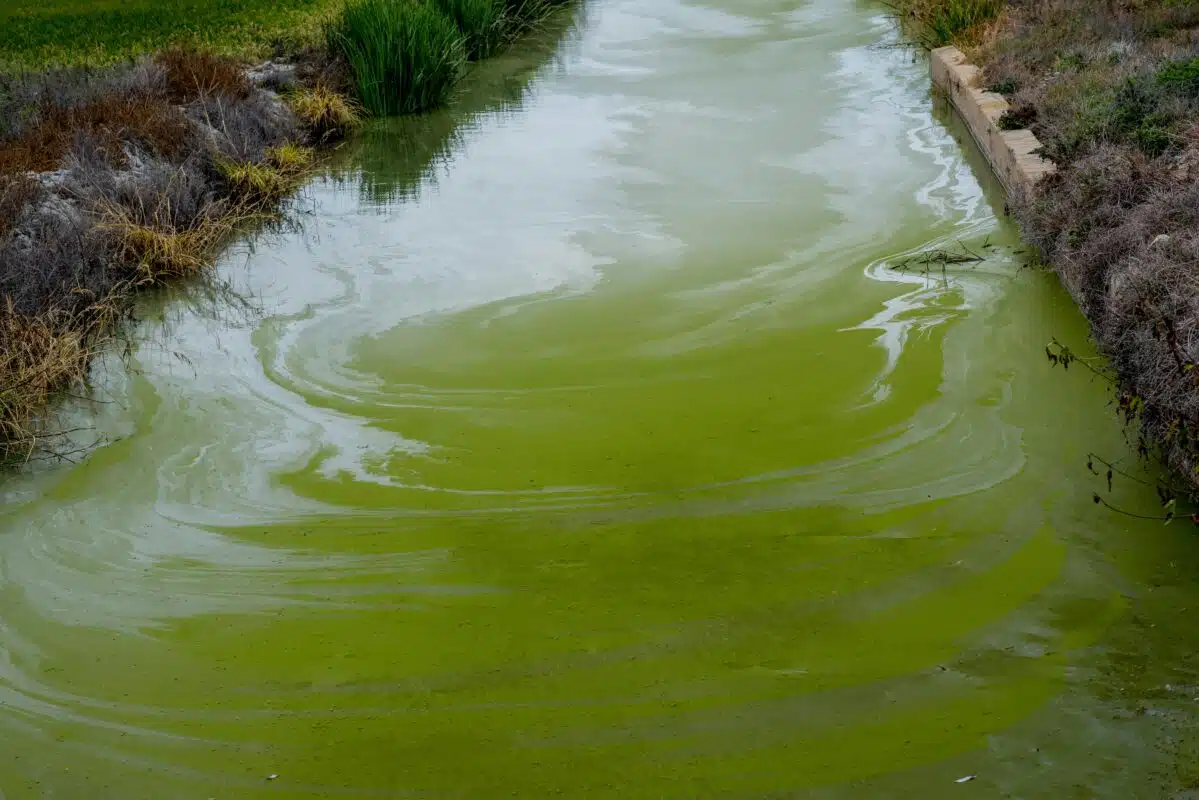
The Learning Process
Sign up for an eLearning course
Pick from a selection of sustainability courses
Learn at Your Own Pace
Utilising the array of real world examples, calculations, and videos, learn in your own time
Final Tests
Each course has an end of course test designed to test your knowledge and understanding of the modules
Earn a Certificate
Upon passing the final test, you will be eligible for a digital proof of training certificate
Plant a Tree
Share your certificate on LinkedIn and tag us, and we will plant a tree in your name
What Learners Have to Say About Our eLearning Courses:
Our courses have helped learners from 80+ organisations and academic institutions:
Pricing, Contact, and FAQs
Prices: This course is part of the Circular Ecology eLearning Hub, which gives access to all our video training content. We offer discounted rates to non-profits and charities - please contact us for more info.
View our pricing structure and FAQ page for more information.
If you would like more information about our eLearning courses, please contact us at training@circularecology.com.
To ensure you keep up with all the latest eLearning course developments and insights, sign up for our monthly newsletter or follow us on LinkedIn.
Buy Now